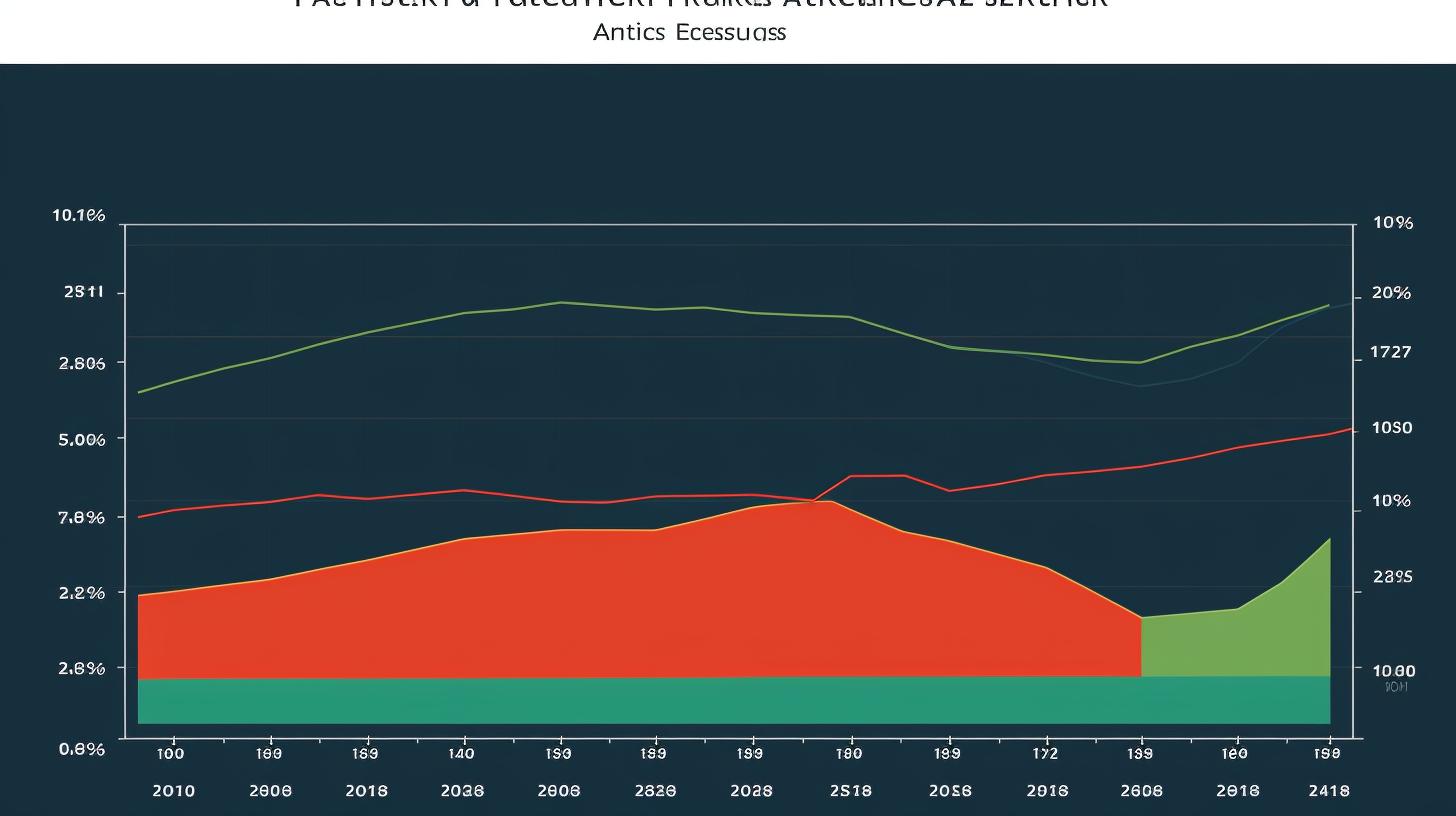Four Traits That Propel Consistent Goal Achievement
University of Pennsylvania psychologist Angela Duckworth, renowned for her research on “grit,” identifies four defining traits common among people who consistently achieve their long-term goals. With over 15 years studying perseverance and passion, Duckworth outlines these qualities as critical drivers of sustained success.
- Genuine interest in the projects they pursue
- Deliberate and focused practice of necessary skills
- A strong sense of purpose, often linked to helping others
- Hope that their efforts will lead to future improvement
Duckworth explains, “When you look at people who are great at what they do … Their mind comes to this subject and wants to stay there. I don’t believe you can grow passion without the seed of interest.”
Prioritize Action Over Reflection to Discover True Interests
Rather than spending excessive time journaling or questioning your passions, Duckworth advises engaging directly with new activities. “Don’t think it, just do it. Stop writing in your journal. Stop asking yourself questions,” she says. “Literally go out and do something. Interests are like food. You’ve got to taste it to know whether you like it or not.”
Deliberate Practice: The Difference Between Effort and Progress
Duckworth highlights the importance of deliberate practice—focused, goal-oriented effort coupled with feedback—as opposed to mere repetition. She recounts her own experience as a runner, where regular training did not yield expected improvements until she incorporated specific goals, concentration, and feedback, guided by her late mentor Anders Ericsson.
“I was doing low-quality practice,” Duckworth admits, underscoring the necessity of purposeful effort to achieve growth.
Balancing Purpose With Appreciation for the Process
A strong sense of purpose, especially when aligned with helping others, fuels accountability and motivation. However, experts caution against focusing solely on the end goal at the expense of valuing the journey. Jordan Grumet, author and physician, notes the importance of embracing ongoing, smaller purposes that provide fulfillment regardless of outcome.
“Unlike big audacious goals that take years or even decades to achieve, the small, more personal types of purpose are ongoing projects that are enjoyable regardless of the results,” Grumet writes.
Tackling Discouragement With Small, Manageable Steps
When feelings of discouragement arise, Duckworth recommends breaking down daunting tasks into tiny, achievable actions. For example, simply opening a Google Doc and checking that off a to-do list can generate momentum.
“If you break down these things that are feeling discouraging to you, you should just think to yourself, ‘Too big.’ Not that it’s impossible,” she explains.
FinOracleAI — Market View
Angela Duckworth’s insights into the traits underpinning consistent goal achievement offer valuable guidance for professionals and organizations aiming to enhance performance and resilience. Emphasizing genuine interest and deliberate practice aligns with current talent development strategies focused on engagement and skill mastery.
- Opportunities: Integrating deliberate practice frameworks into corporate training can boost employee productivity and innovation.
- Opportunities: Cultivating purpose-driven work environments enhances motivation and retention.
- Risks: Overemphasis on long-term purpose without process appreciation may lead to burnout or disengagement.
- Risks: Neglecting to break down large goals may result in discouragement and reduced progress.
Impact: Duckworth’s research reinforces foundational principles of high performance psychology, offering actionable traits that can be leveraged across sectors to improve goal attainment and personal development.













